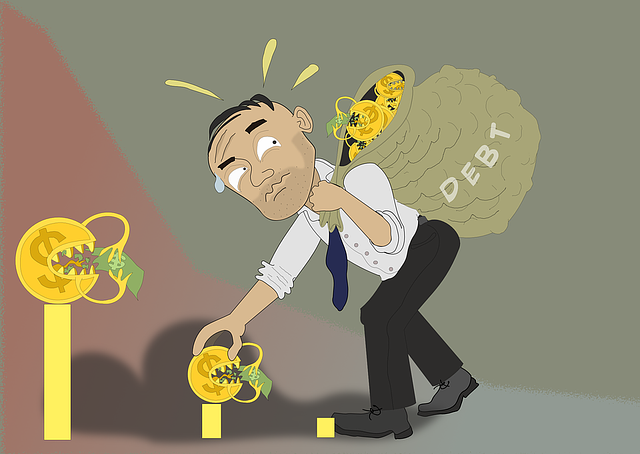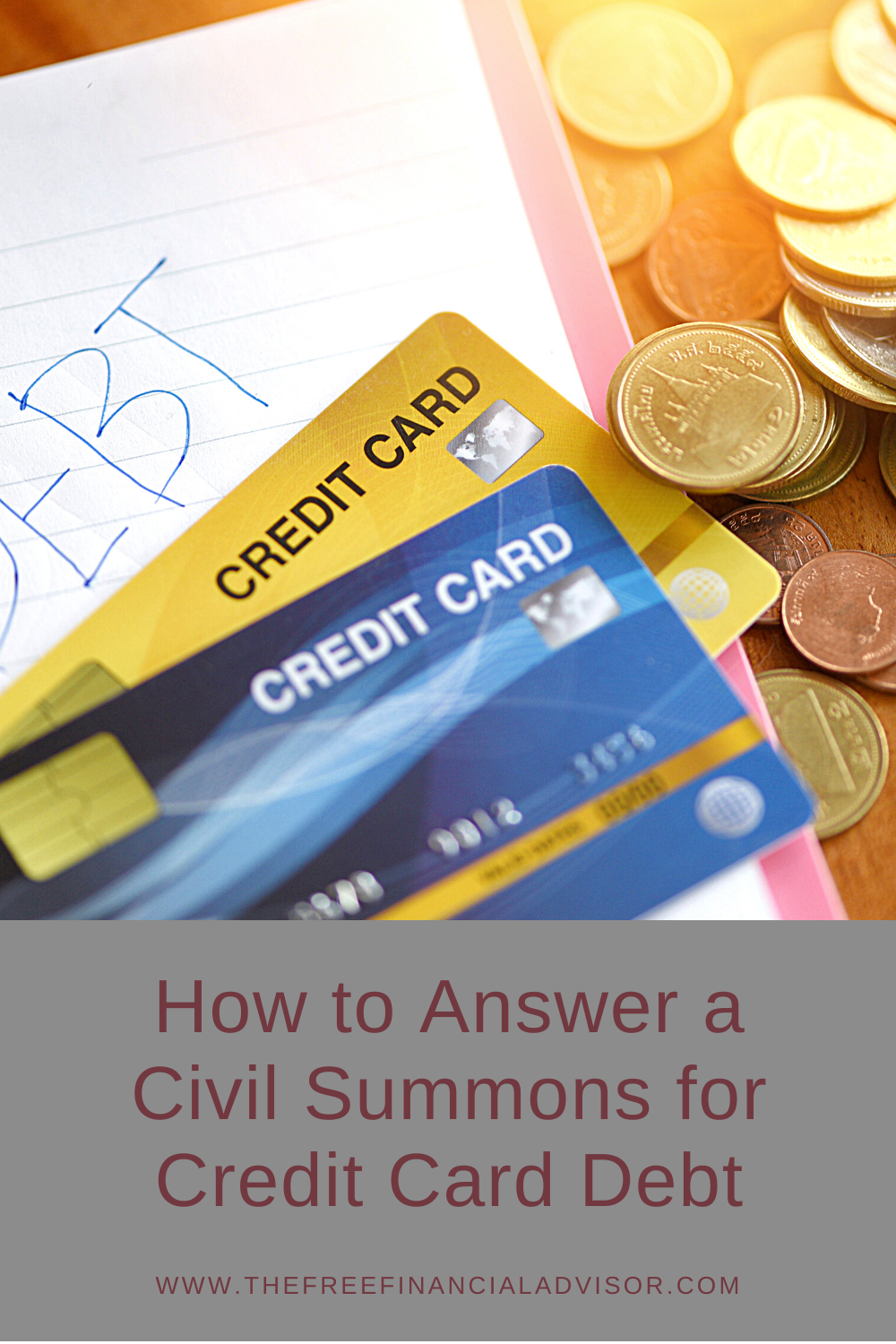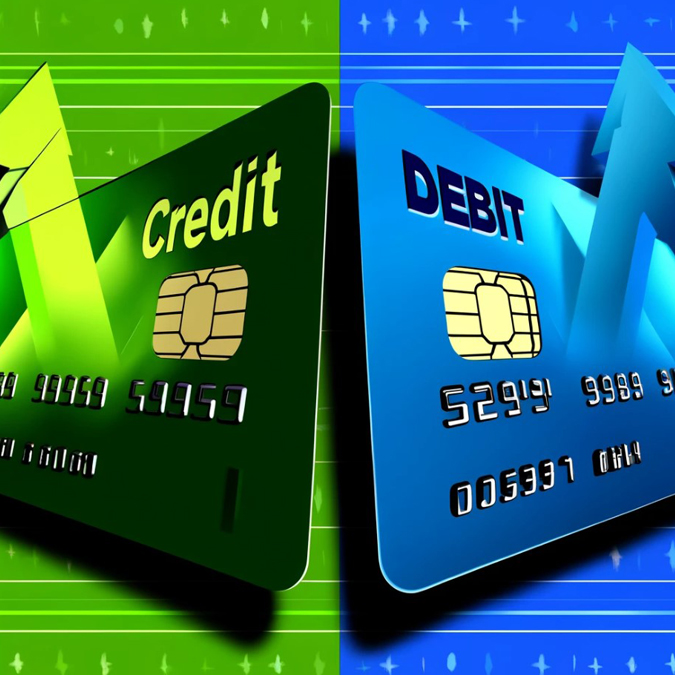
DALL-E
In today’s fast-paced financial landscape, navigating the choice between credit and debit cards can be more than just a transactional decision—it can be a strategic one.
Each swipe, chip insertion, or online checkout carries potential impacts on your financial health, security, and even your lifestyle perks. While debit cards draw directly from your bank account, offering a straightforward reflection of your spending, credit cards open the door to a myriad of benefits often overlooked in daily finance management.
Here are 12 scenarios where opting for credit over debit might be your best move.
1. Building Your Credit Score

123rf
Using a credit card responsibly is one of the most effective ways to build your credit score. Unlike debit cards, credit cards can help you establish a credit history, demonstrating to lenders that you can manage debt effectively. Regular purchases with prompt payments can significantly enhance your creditworthiness.
2. Shopping Online

123rf
Credit cards offer superior fraud protection compared to debit cards, which is especially important when shopping online. If fraudulent charges appear, credit cards provide more robust dispute rights that can keep your actual funds safely in your bank account, not tied up during a fraud investigation.
3. Large Purchases
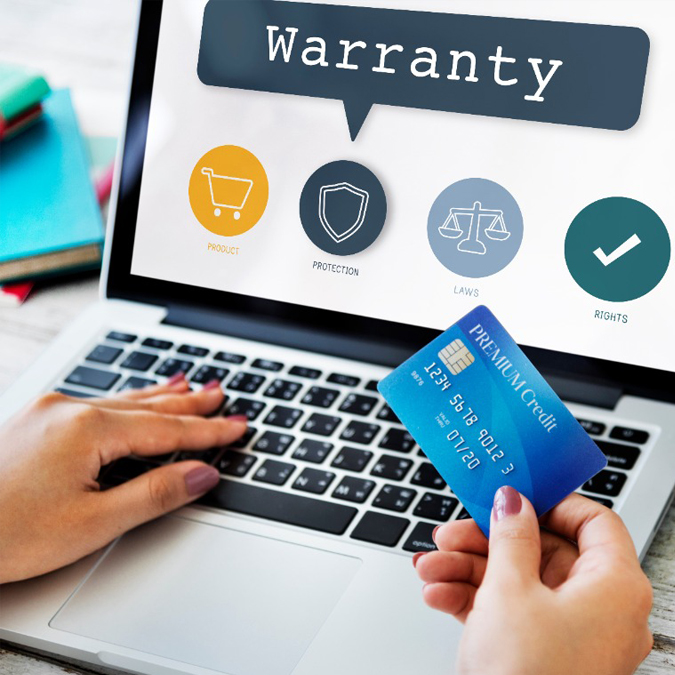
123rf
Credit cards often come with benefits such as extended warranties, purchase protection, and return guarantees. When buying high-value items like electronics or appliances, using a credit card can provide additional assurances that aren’t typically available with debit cards.
4. Traveling Abroad

123rf
For international travelers, credit cards are indispensable. They not only reduce the need to carry large amounts of cash but also offer better exchange rates and travel-specific perks such as luggage insurance, trip cancellation insurance, and emergency assistance, which debit cards seldom provide.
5. Renting Cars or Booking Hotels
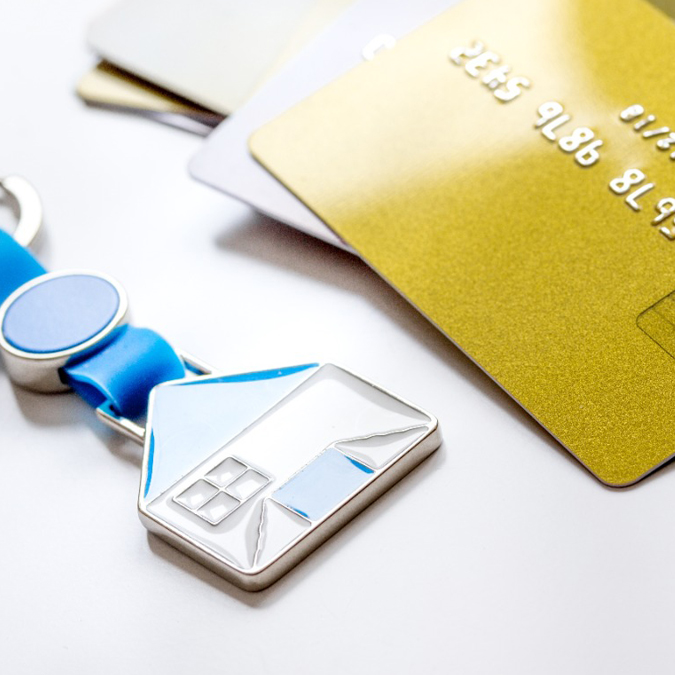
123rf
Many car rental companies and hotels prefer credit cards over debit cards for holds and deposits. Using a credit card can avoid the immediate financial pinch of a hefty deposit, as these funds won’t be directly withdrawn from your checking account.
6. Dining Out

123rf
When you dine out, using a credit card can be a smarter choice due to the potential for fraud. Restaurants are one of the places where your card is taken out of sight to process payment, and you would want fraud protection that doesn’t immediately impact your bank account balance.
7. Monthly Subscriptions
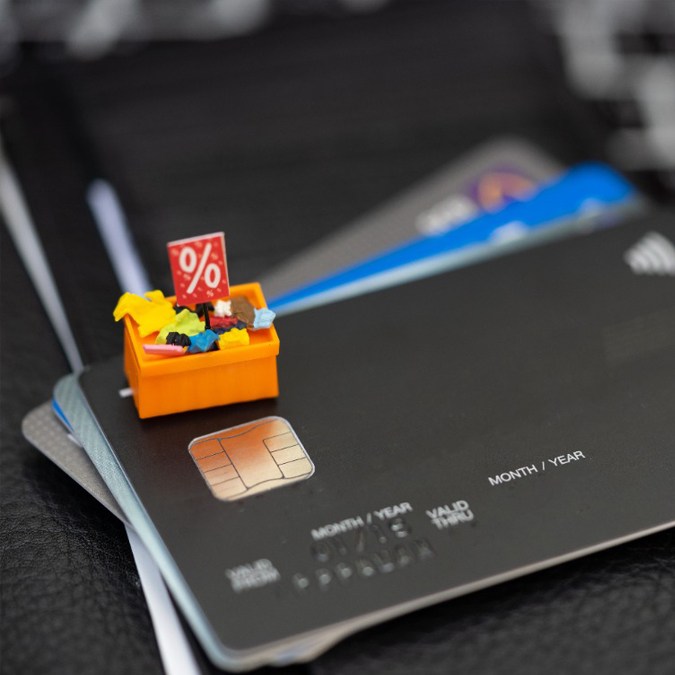
123rf
Credit cards offer a way to track spending easily and efficiently for recurring payments like subscriptions or membership fees. Also, should you decide to cancel, credit cards provide a more straightforward dispute process if the merchant continues charging you.
8. During a Financial Pinch

123rf
If you’re facing a temporary financial shortfall, using a credit card can provide a short-term solution without the risk of overdrawing your bank account. This should be managed carefully, however, to avoid high-interest debt.
9. Maximizing Rewards and Cashback

123rf
Many credit cards offer rewards, points, or cashback on purchases, which debit cards do not. If you pay off your balance each month, using a credit card for everyday purchases can actually earn you money or other benefits.
10. When You Need a Cash Advance

123rf
Although cash advances on credit cards come with fees and higher interest rates, they can still be a better alternative during emergencies compared to the potential overdraft fees on a debit card.
11. Paying Taxes

123rf
Some might choose to pay taxes with a credit card to earn rewards or to manage cash flow better. The fees associated with credit card payments can often be offset by the benefits of rewards earned or the convenience of delayed payment.
12. Investing in Security
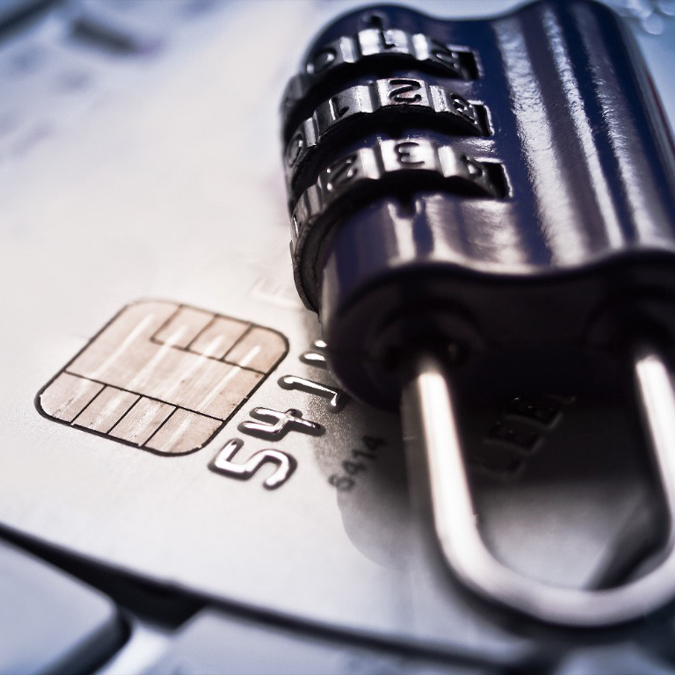
123rf
Given the superior fraud protection features of credit cards, using them can be a form of investing in your financial security. The layers of security provided can shield you from the direct financial repercussions of fraud.
Credit vs. Debit: Which is the Wise Choice?

123rf
By understanding and leveraging the strategic benefits of credit cards in these scenarios, you can not only manage your finances more effectively but also take advantage of numerous protections and rewards not offered by debit cards.
Knowing when to use credit instead of debit can significantly enhance your financial strategy, whether for security, convenience, or financial optimization.
Read More
Freedom Debt Relief- How to Negotiate Debt with Your Credit Card Company
Debit or Credit: What Works For You?

